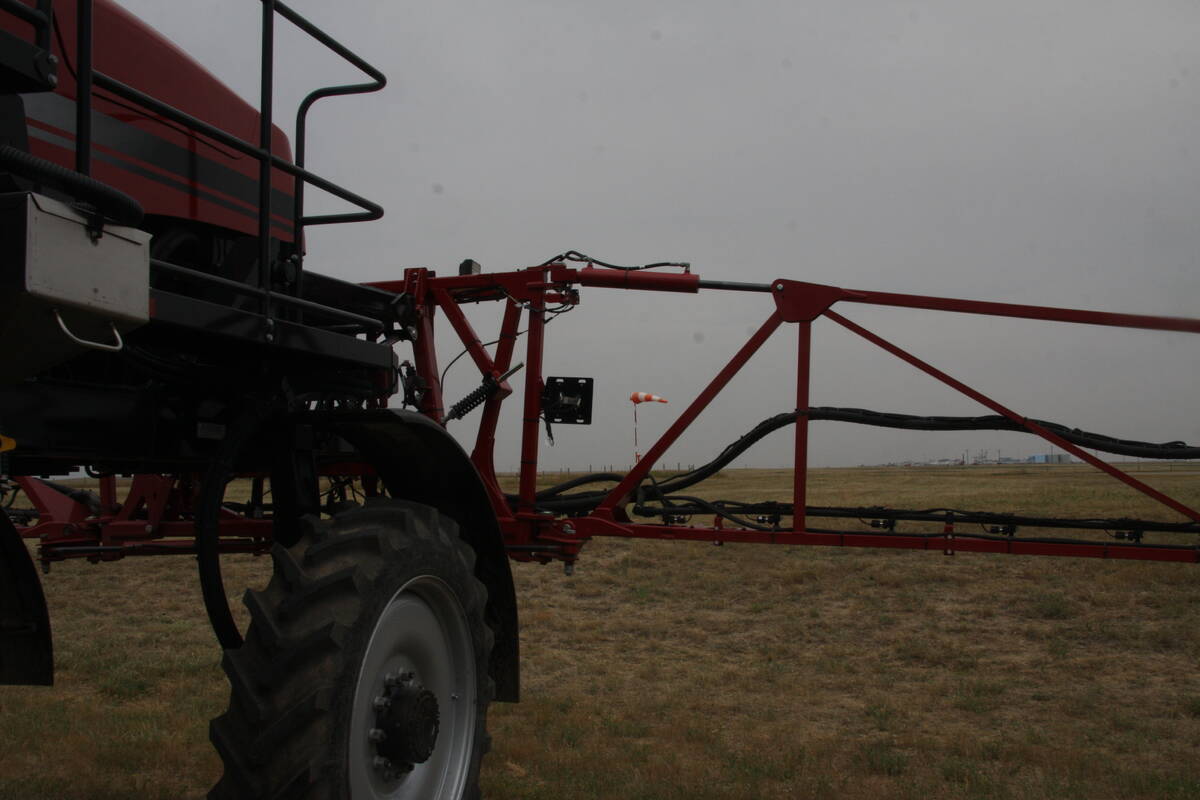Henry Wise Wood had many titles: the Missouri man; the Carstairs Bolshevik; the best premier Alberta never had.
Whatever he was called, he always stood for successful farming.
Wise Wood had known success as a grain farmer in his home state of Missouri, but he also dreamed of cattle ranching.
To that end he sold his American farm and moved his family northwest in 1905, the year Alberta became a province.
However, shortly after settling near Carstairs, he found his land was suited to grain farming and decided to take off a few crops before pursuing his ranching dream.
Read Also

More work wanted on removing red tape
REGINA — Canadian farmers risk falling further behind competitors if two main federal agencies don’t become more efficient and responsive…
Federal politics of the time meant Eastern Canada dominated policies, especially those related to trade. Eastern industry demanded tariffs to protect manufacturers.
Western grain producers, who were exporters of grain, believed those policies would injure their prices, holding them captive to what domestic processors would pay, with no compensation from government or industry.
Wise Wood had known the strength that farm groups could muster when they worked together in the United States.
He is said to have told his fellow producers in Alberta that they needed to be individually politically active but their farm groups should avoid public office.
In 1910 and 1911 Wise Wood supported and aided free trade candidates in the federal election campaign.
When the Society of Equity and the Alberta Farmer’s Association merged to become the United Farmers of Alberta in 1909, Wise Wood became a member.
In 1915 he was elected as UFA vice-president and after the sudden death of the president assumed that group’s top office.
Wise Wood led the UFA at a time of great farmer discontent with government that was rooted in a number of factors: a growing farm population; highly variable commodity prices; farmers returning from the First World War and dominant federal government policies.
The 1919 Canadian Wheat Board had been a success for farmers but was discontinued after it marketed one pooled crop because the government favoured the reopening of the Winnipeg Grain Exchange.
Wise Wood’s UFA advocated for a California Fruit Growers type of approach to pooled marketing that contracted production and shared in profits.
Poor grain prices in the post war years and strengthening grain corporation control prompted the UFA to a organize a contract drive in the growing season of 1923. Saskatchewan and Manitoba producers had already chosen to wait until 1924 but Alberta marched ahead and before harvest was complete had nearly half of the Alberta production under contract to the Alberta Wheat Pool for the coming five years.
As AWP chair, Wood led the other two provincial organizations to success and by 1926 the prairie Pools had 15 million acres of grain contracted through their joint Central Selling Agency. The UFA chose to enter politics, despite Wise Wood’s advice against the move.
In the 1921 provincial election, Wise Wood led his farmer group to a political majority in the legislature. He declined the premiership.
Instead, he travelled the world in the 1920s and 1930s speaking to grain buyers and other farmers.
Wise Wood retired from the presidency of the UFA in 1931 and the AWP in 1937, when he was 77. He died in 1941.
The Missouri farmer had changed the face of Canadian agriculture through promotion of co-operatives and socially responsible government, having set aside his own dreams of ranching.
















